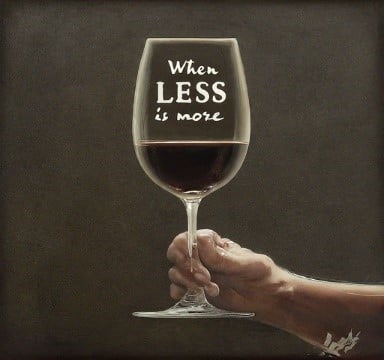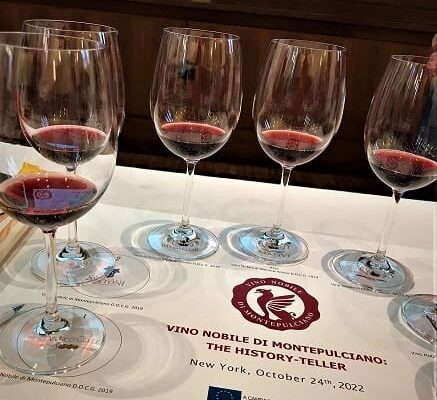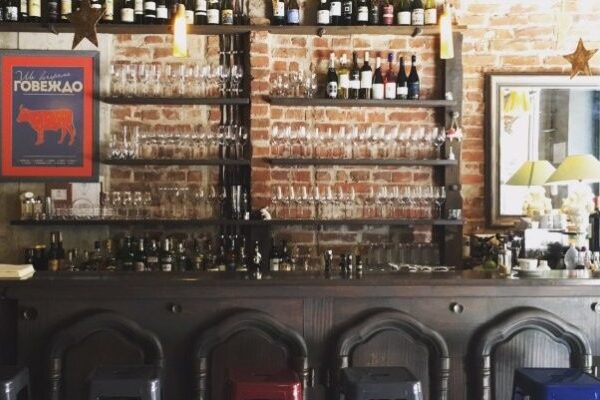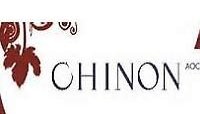The wine industry is grappling with challenges akin to those faced by the craft beer sector.
Unique Wine Marketing Strategies
In 2023, wine sales experienced a 4.5% decline, reflecting a broader trend of decreasing regular consumption among American households. While adults aged 60-70 have increased their wine consumption, this demographic alone isn’t enough to secure the industry’s long-term sustainability.
According to the 2024 State of the U.S. Wine Industry Report from Silicon Valley Bank, adults aged 60-70 are the primary wine spenders, with their average expenditure steadily rising over the past decade, despite a brief dip in 2020. Conversely, wine consumption among other age groups, particularly 21-30-year-olds (Gen Z), has waned. This younger generation not only drinks less wine but also favors other alcoholic beverages.
Industry Challenges
Some wine producers are intensifying their focus on promoting the collective reputation of wine regions, especially when individual producers lack the resources to establish their own brand. Research into Italian wine appellations shows that wines from renowned regions like Brunello di Montalcino and Barolo command significant price premiums—+118% and +57%, respectively. However, not all appellations enjoy a positive price premium; some face negative impacts due to market confusion from an oversaturation of appellations. Effective marketing based on collective reputation is dynamic and requires constant adjustment to stay aligned with evolving market conditions and consumer perceptions.
Targeting Gen Z: A Path Forward
The pressing challenge for wineries is to understand why Gen Z shows less interest in wine compared to other demographics and to devise strategies to engage this younger audience for future growth and relevance. Gen Z, with their distinct consumption habits, values, and increasing economic influence, presents a significant opportunity for wine producers.
Embrace Digital Savviness**
Gen Z is digitally adept, making social media platforms, influencers, and online content essential tools for engagement. Wineries can create targeted marketing strategies that align with Gen Z’s digital behaviors, emphasizing lower alcohol content wines and natural or organic options that appeal to their health-conscious mindset.
Prioritize Environmental and Social Responsibility**
Environmental and social responsibility resonate strongly with Gen Z. Wine producers who champion sustainability, ethical practices, and transparent production methods are likely to attract this demographic. Creating unique, memorable experiences—such as exclusive tastings or interactive events—can also appeal to their preference for social connections and experiences over mere product ownership.
Innovate and Adapt
Gen Z’s preference for bold and varied flavors often leads them to craft cocktails, hard seltzers, and flavored spirits rather than traditional wines. To capture their interest, wineries should consider innovative approaches such as limited-edition blends, collaborations with sommeliers, mixologists, and chefs, and adapting products to modern formats like cans or ready-to-drink wine cocktails.
Offering entry-level or affordable options can also make wine more accessible to price-sensitive younger consumers.
Engaging Gen Z: Practical Strategies
To effectively engage Gen Z, wineries should focus on refreshing the brand image including redesigning the packaging, enhancing social media content, and collaborations with clothing designers, concert and stadium venues, movie/video content developers – all with the aim of appealing to younger audiences.
Host social events and virtual experiences that demystify wine and make it approachable. This could include interactive tastings, wine and food pairings, or collaborations with music and art festivals.
Marketing efforts should reflect values of authenticity, transparency, and social justice by showcasing diverse backgrounds among team members and partners.
As Gen Z matures and gains more purchasing power, their influence on the wine market will grow. By understanding and addressing their preferences and values, wineries can forge strong connections with this next generation of consumers. Embracing innovation, sustainability, and digital engagement will be key to ensuring that wine remains relevant and appealing to the evolving tastes of Gen Z.
“Wine is not just a drink; it’s a story, a culture, and an experience. To engage the next generation, we must adapt and evolve, making wine accessible and relevant to their world.” – Eric Asimov American wine and food critic for The New York Times.
© Dr. Elinor Garely. This copyright article, including photos, may not be reproduced without written permission from the author.
Whines Rise as Wine Drinkers Change Preferences – IN MY PERSONAL OPINION





